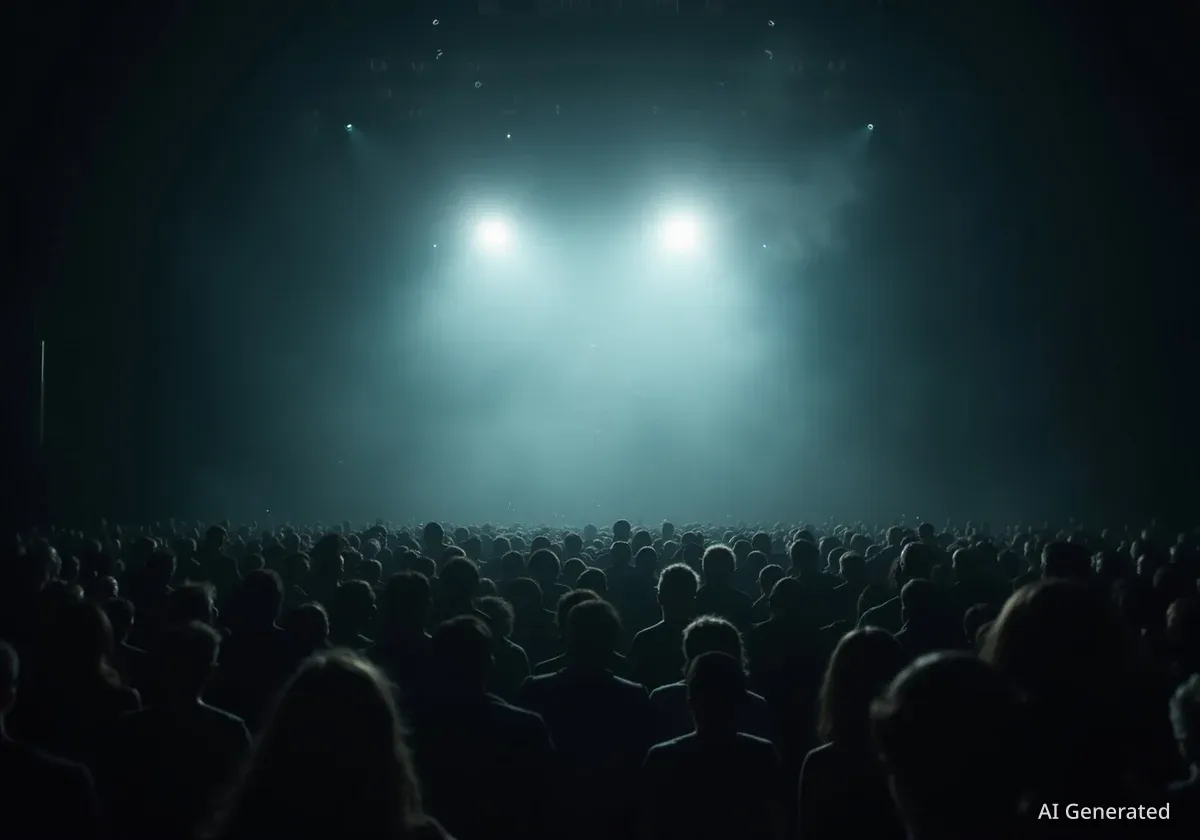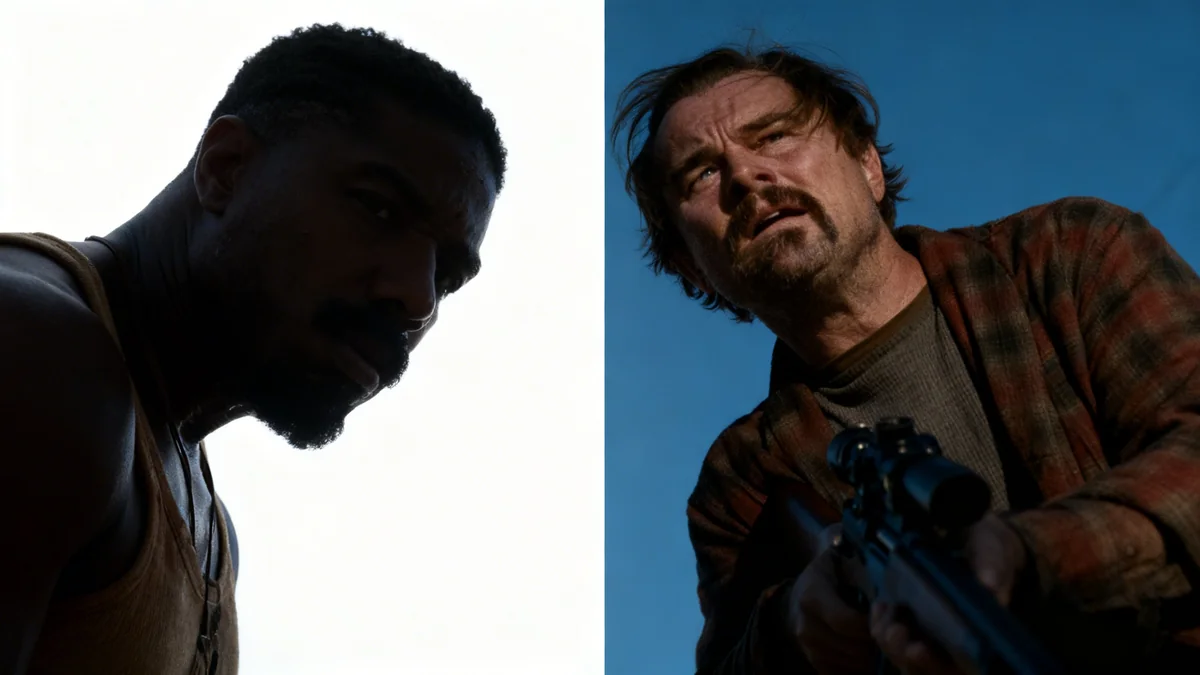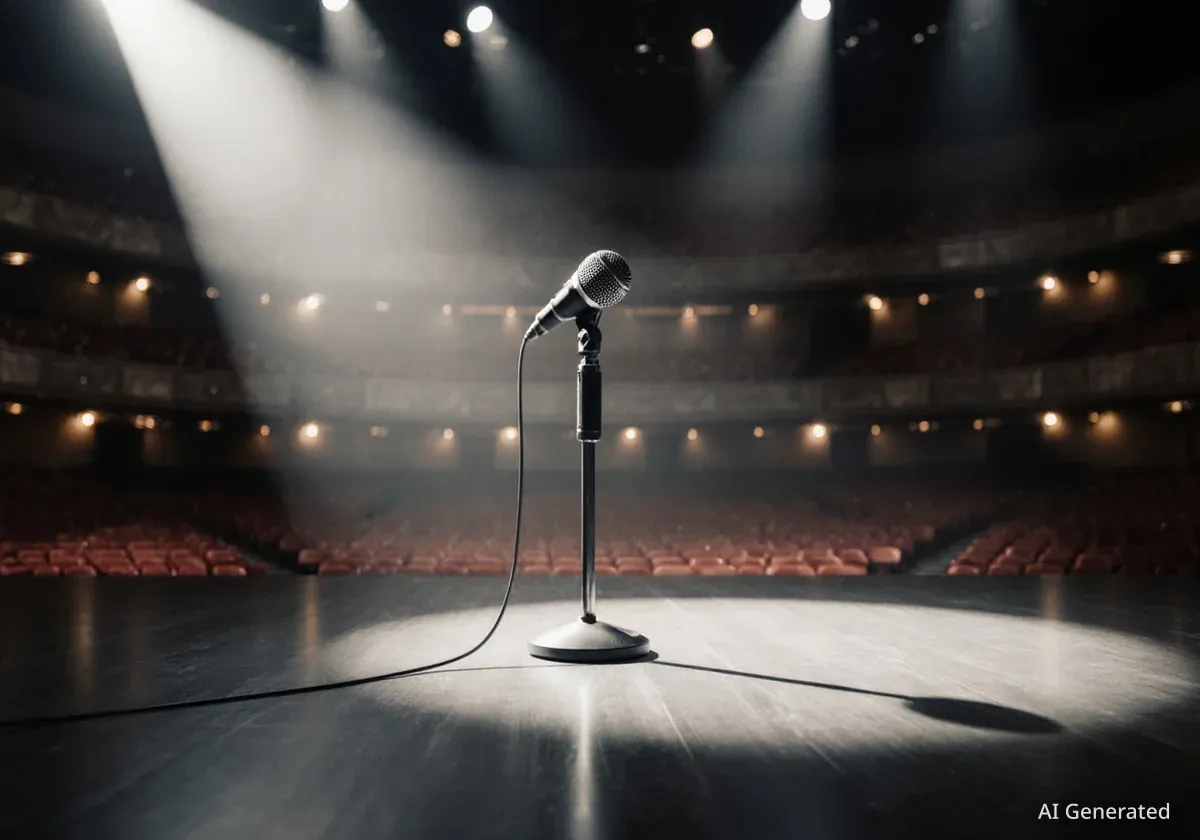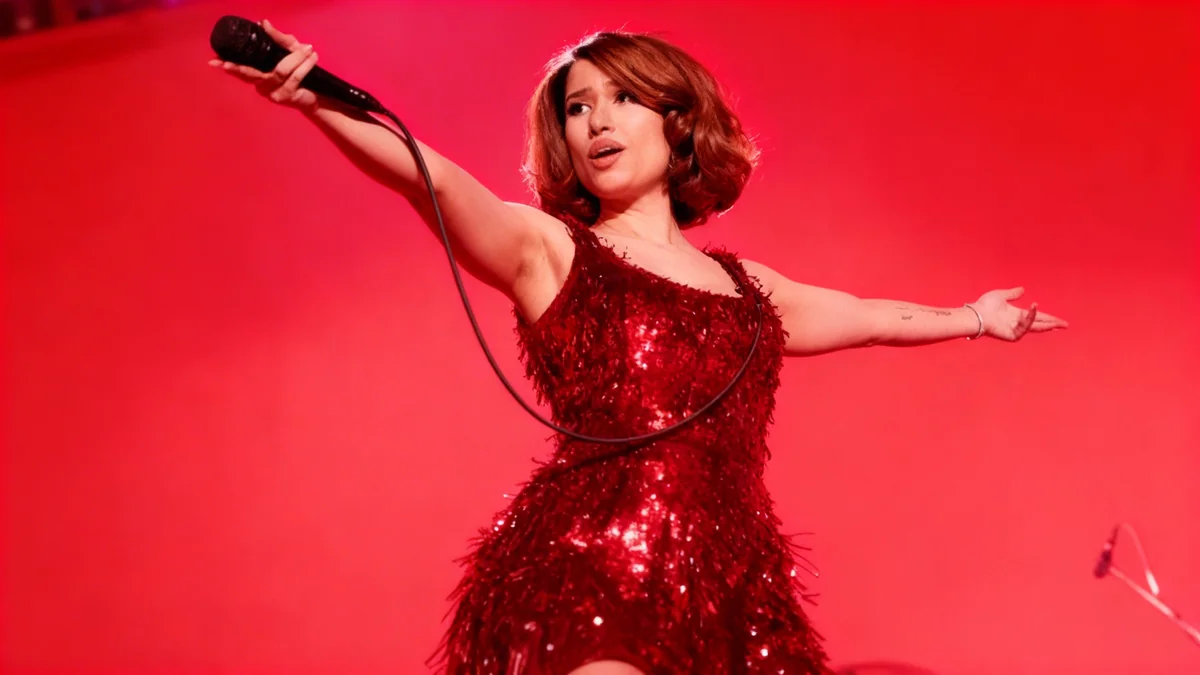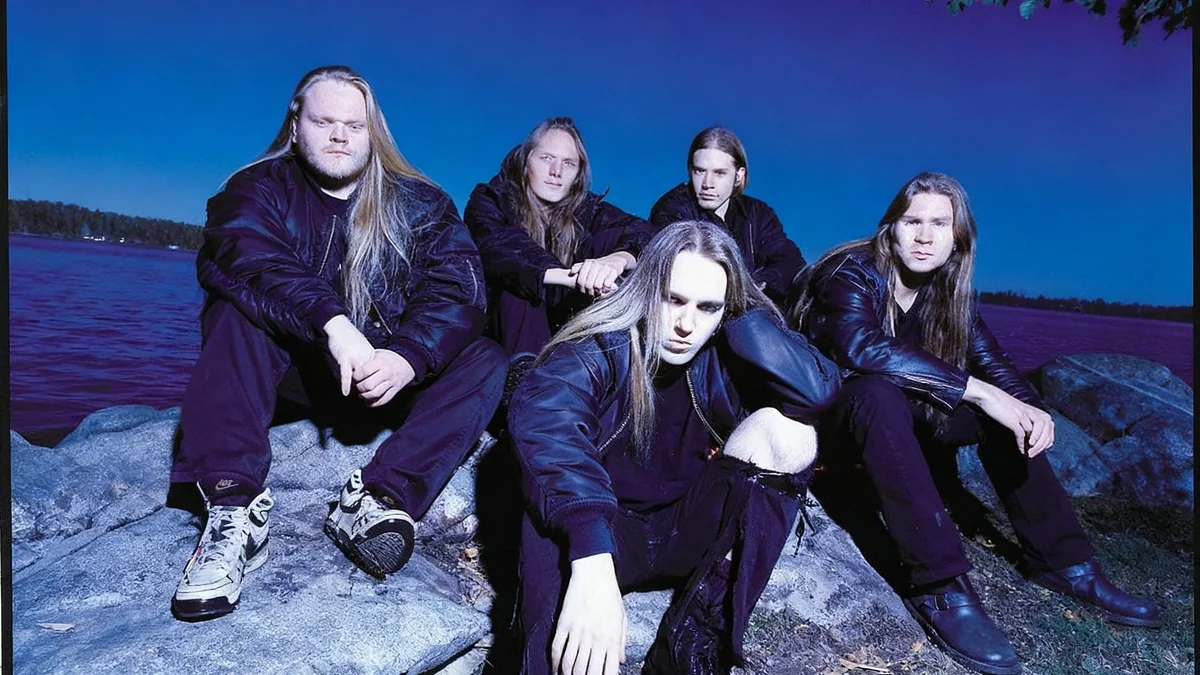Jack Osbourne has shared his emotional memories of his father Ozzy Osbourne's final performance with Black Sabbath, describing the concert as a "living wake." The show took place in Birmingham just 17 days before the iconic singer's death at the age of 76.
In a recent interview, Jack reflected on the significance of the event, which allowed the legendary frontman to say a final goodbye to his fans and bandmates. The performance has since been documented as a pivotal moment in the final chapter of Ozzy's life.
Key Takeaways
- Jack Osbourne described Black Sabbath's final concert as a "living wake" for his father, Ozzy Osbourne.
- The performance took place in Birmingham, 17 days before Ozzy passed away at 76.
- Ozzy performed from a large throne due to health issues, which he later called "torture."
- The show featured the original Black Sabbath lineup for the first time since 2005.
- New documentaries capture Ozzy's final years and this last performance.
The Final Performance in Birmingham
Ozzy Osbourne's last concert, titled 'Back To The Beginning', was held in his hometown of Birmingham in July. It marked his first full performance since 2018, following years of significant health challenges, including multiple surgeries and a public battle with Parkinson's disease.
Appearing before a crowd of 44,000, Ozzy performed from a large, winged throne. The set began with a selection of his solo material before he was joined on stage by his original Black Sabbath bandmates: Tony Iommi, Geezer Butler, and Bill Ward. This reunion was the first time the founding members had played a full set together since 2005.
An Emotional Family Experience
Jack Osbourne, speaking with Good Morning America, provided insight into the family's feelings during the event. He recalled a poignant moment backstage just before the show began.
"Before he went on stage, I ran back into the dressing room and I just gave him a big hug and I just kissed him and I just said, ‘Crush it, you’re going to do so good,'" he shared.
Watching from the audience with his brother, Jack described the experience as deeply moving. "I was in the crowd and I was with my brother and we both were just crying," he said. He clarified that the tears were not of pity, but of understanding. "It wasn’t because of feeling sorry for him, it wasn’t because we were sad for him, I think it was because we knew it was the last time."
This realization led to his powerful reflection on the concert's true meaning. "In hindsight, it kind of was a living wake, if you think about it," Jack stated. "He got to say goodbye to everyone."
Ozzy Osbourne's Health Journey
The years leading up to the final show were marked by severe health setbacks for Ozzy Osbourne. In addition to his Parkinson's diagnosis, he endured multiple complex surgeries following a fall at his home, which aggravated old injuries from a 2003 ATV accident. These issues severely limited his mobility, making the final performance both a personal triumph and a physical challenge.
Ozzy's Own Reflections on the Show
The final stage of the rock legend's life is explored in a new BBC documentary, Sharon & Ozzy Osbourne: Coming Home. The film features scenes where Ozzy discusses his own perspective on the Birmingham concert.
He expressed frustration with his physical limitations, which required him to remain seated for the entire nine-song set with Black Sabbath. "The only thing I really got… what was terribly frustrating for me, I had to sit there instead of running across the stage," Ozzy said in the documentary.
He described the experience of being unable to move as he normally would on stage as immense torment. "That was fucking torture, because I wanted to get off that [chair] so much."
Despite the physical difficulty, he recognized the profound significance of the moment. He viewed the concert as a fitting conclusion to his long and storied career. "It was very humbling, to sit in that chair for nine songs," he concluded. "What a great way to go out, that gig was."
Contingency Plan Revealed
According to his wife, Sharon Osbourne, there was a backup plan in place for the concert. She recently revealed that if Ozzy's voice had failed him and he was unable to sing, he was prepared to simply address the crowd directly, thank them for their decades of support, and say his goodbyes that way.
A Legacy Documented
The public has been given multiple avenues to understand Ozzy Osbourne's final years. In addition to the BBC's Coming Home, another documentary titled Ozzy: No Escape From Now is available on Paramount+. This film focuses specifically on the last six years of his life, detailing his health struggles and his determination to perform one last time.
Following his passing, Ozzy's family has been open about their grief and gratitude for the public's support. Sharon thanked fans for their "overwhelming love and support," while his children, Jack and Kelly, have also shared personal tributes.
Cause of Death and Final Tributes
Ozzy Osbourne passed away just over two weeks after his final performance. His death certificate confirmed the cause of death was a heart attack. The document also noted coronary heart disease and Parkinson's disease as contributing factors.
In a final testament to his impact on music and culture, the document listed his occupation as: "Songwriter, Performer and Rock Legend." His final show in Birmingham stands as a powerful public farewell, an event that allowed both the artist and his fans a chance for closure.
